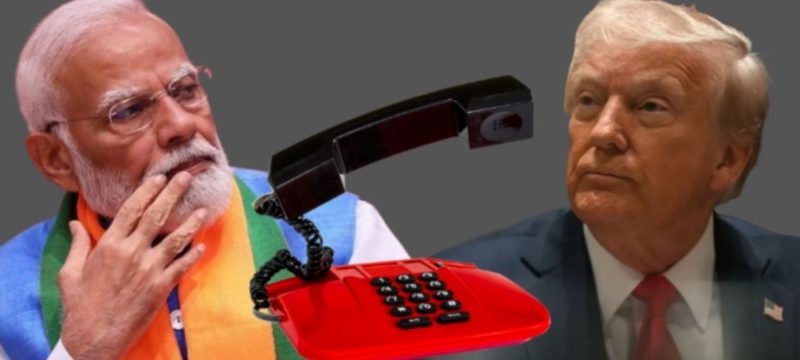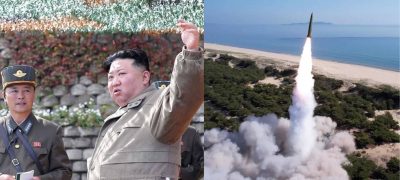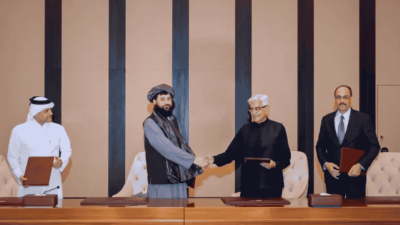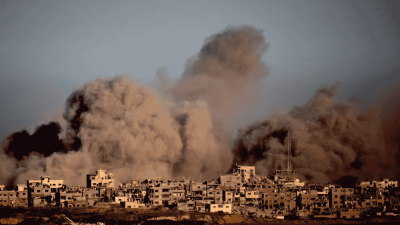US President Donald Trump said he played a key role in stopping a potential nuclear conflict between India and Pakistan. Trump made these claims after a phone call with Indian Prime Minister Narendra Modi, describing the conversation as “great” and praising Modi as a “great friend.”
Trump told media at the Oval Office that the discussion focused on trade and peace. He added that he had warned both countries against war. “No wars with Pakistan,” Trump said, highlighting his involvement in previous tensions between the nations.
According to Trump, during a past India-Pakistan standoff, seven jets were shot down. He claimed he personally called both sides and threatened to end US trade if they continued fighting.
“Within 24 hours, they backed off,” Trump said. He added that his approach of “deals and diplomacy” had helped prevent eight wars, including the conflict between the two nuclear-armed South Asian countries.
Trump also mentioned that Modi assured him India would reduce its oil imports from Russia. He framed the conversation as a positive step for US-India relations, emphasizing the “excellent relationship” between the two nations.
However, the Indian government quickly responded, downplaying Trump’s remarks. Officials stated that New Delhi was “not aware” of any such phone call or claims made by Trump. This reaction suggests a significant difference in how the two sides perceive the conversation.
Trump’s statements come amid ongoing tensions over trade and global security issues. While he highlighted his role in preventing war, experts note that verifying such claims is difficult. Analysts also point out that past US interventions in South Asia have often involved complex diplomacy and back-channel communications.
In other news read more about Every Day Is Diwali In Gaza?’ Indian Director Sparks Online Fury
Despite the controversy, Trump emphasized the success of his approach, crediting a combination of negotiation and strong warnings in averting potential conflicts. His comments add to his narrative of international influence and strategic decision-making.









